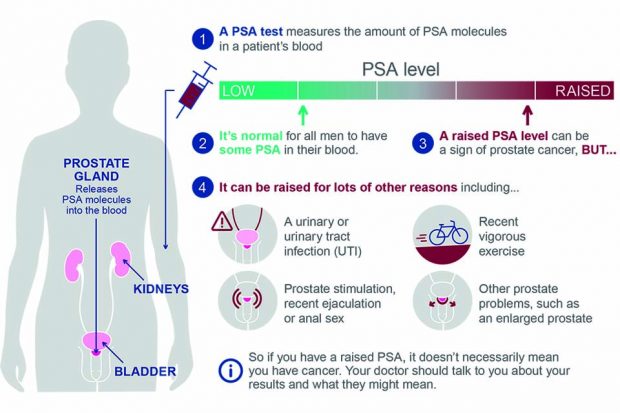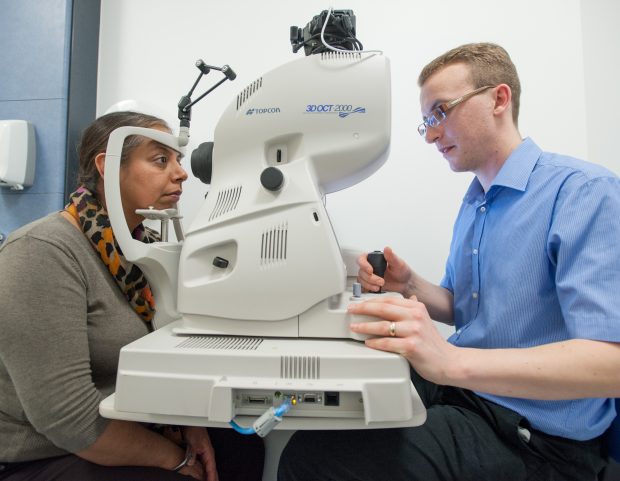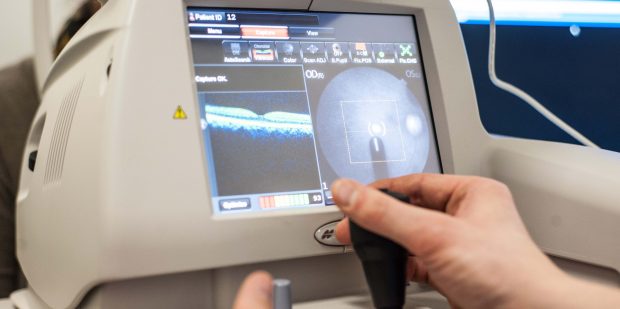Updated screening information for GPs and other primary care staff

Public Health England has updated its screening information for GPs and practice staff on GOV.UK.

Public Health England has updated its screening information for GPs and practice staff on GOV.UK.

We have published updated guidance for GPs and well men aged 50 and over about prostate specific antigen (PSA) testing for prostate cancer.

A reminder for primary care colleagues about Public Health England's current cervical screening campaign and information about how to access women's screening results (which are not available from the PHE Screening helpdesk).

Find out how people with diabetes in East Anglia have benefited from the piloting of an innovative one-stop shop for all their regular checks, including diabetic eye screening.

This blog article provides reassurance of the lawful basis for GP practices to share patient records with diabetic eye screening providers using the GP2DRS IT system.

The Royal College of GPs (RCGP) has published new e-learning content, in conjunction with PHE Screening, that gives GPs and primary care colleagues practical guidance to support patients in understanding and accessing the NHS screening programmes.

We've published new national guidance and information to help local breast screening providers support women with learning disabilities.
GPs have access to highly sensitive personal information and take their ethical and legal duties of confidentiality very seriously. However, it is important for them to remember the Caldicott principle that the duty to share information can be just as important as the duty to protect confidentiality.

Twenty-seven local diabetic eye screening programmes are using the national GP2DRS IT system to extract details of their cohort of patients from GP practice systems. The total number of patients now being extracted using the system has passed 1 million.

Dedicated GP practices have appropriate training and support mechanisms to deal with patients who have a history of violence within an NHS setting.